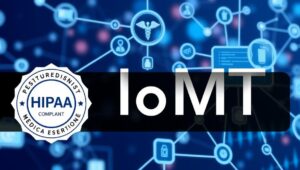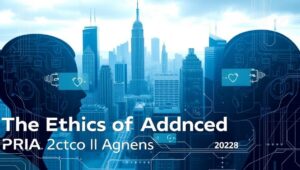May 24, 2025
Data Privacy and HIPAA Compliance in the IoMT Era (2025+)
Data Privacy and HIPAA Compliance in the IoMT Era (2025+) The Internet of Medical Things (IoMT) is rapidly transforming healthcare, connecting medical devices and systems to enhance patient care, streamline operations, and improve research. However, this interconnectedness also introduces significant data privacy and security challenges, particularly concerning HIPAA compliance. As we move into 2025 and beyond, understanding and addressing these challenges is crucial for healthcare providers, device manufacturers, and technology developers. Understanding the IoMT Landscape The IoMT encompasses a wide range of devices and applications, including: Wearable Health Trackers: Devices that monitor vital signs, activity levels, and sleep patterns. Remote









